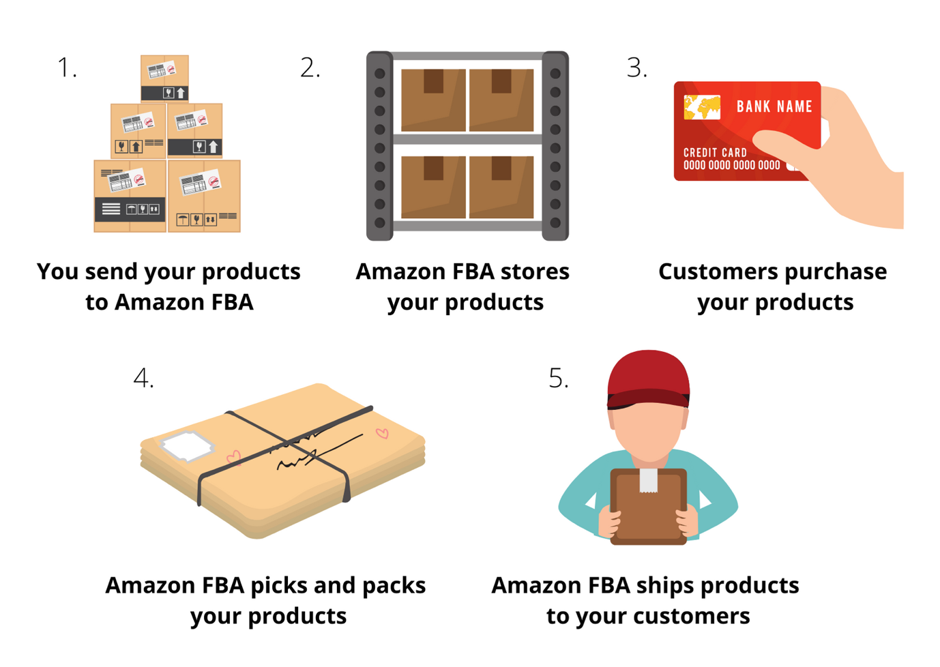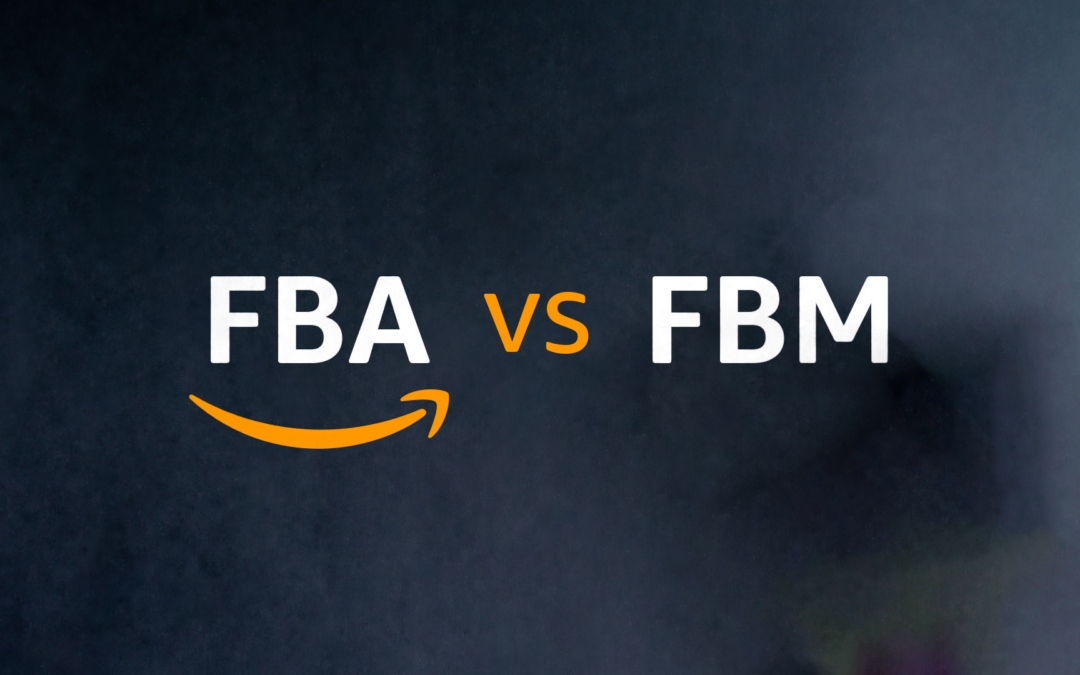In the global cross-border e-commerce scale exceeded $6 trillion at the moment (Statista 2023 data), Amazon FBA ( Fulfillment by Amazon) has become the preferred solution for more than 5 million sellers with its efficient logistics network. This article will be from the mode definition, cost structure, operation process and risk avoidance of the four major dimensions, combined with the official policy of Amazon and industry practice cases, in-depth dismantling of how to realize the cross-border business of cost reduction and efficiency through FBA.

1. FBA Mode: Reconstructing the Logistics Engine of Cross-border E-commerce Efficiency
Definition and Operation Mechanism Amazon FBA is an "end-to-end" logistics solution provided by the platform, where sellers only need to send their goods to the designated operation centers, and the subsequent warehousing, sorting, distribution and after-sales service are all completed by Amazon. The essence of the model is to "share the Amazon logistics infrastructure", according to statistics, there are 175 FBA warehouses around the world with an average daily handling of more than 20 million pieces of goods (Marketplace Pulse 2023).
Three Core Competitive Advantages
- Prime Traffic Privilege: Products with the Prime logo can reach more than 200 million high-net-worth member groups around the world, and the data shows that the conversion rate of Prime products is 35% higher than that of non-FBA products (Amazon Seller Report 2022).
- Cost Efficiency Revolution: Relying on the intelligent warehousing system, Amazon compresses the average distribution cost to 40%-70% of the third-party logistics, and supports 70% of the orders to achieve next-day delivery.
- Operation Lightweight: the system automatically handles more than 90% of after-sales issues, and the 7×24-hour multi-language customer service system reduces 60% of labor input (Case: a 3C seller's customer service costs dropped 58% after adopting FBA).
2、FBA cost maze: 5 major cost nodes for fine management
According to the latest cost standards of Amazon in 2023, sellers need to focus on the following cost structure:
| Fee Categories | Billing Rules | Optimization Strategies Examples |
|---|---|---|
| Monthly Storage Fee | 0.87/cubicfootforstandardsizeitems(Jan−Sept),risingto2.40 during peak season (Oct-Dec) | Use Inventory Planner to forecast inventory turnover cycles |
| Overage Inventory Fee | 1.50/cubicfootfoitemsstored271−365days,risingto6.90 for items older than 365 days | Set thresholds for automatic order removal |
| Delivery Fee | Small standard size items (10-16 oz.): 3.07basefee.Largeitems:volumetricweight×0.83 per pound | Optimize package size to the next lower threshold |
| Returns Processing Fee | Apparel, Shoes & Boots exempted; other categories charged 2.12−15.24 per item (based on weight) | Enhance product quality control to reduce return rate |
| Onward Transportation Fee | Sea Freight: ~$800 per CBM (US Westport). Volumetric Weight = L×W×H(cm)/5000 | Mix shipments to balance real weight and volumetric weight |
Data source: Amazon FBA Fee Calculator
3. FBA Full Link Operation Guide: From the warehouse to the single 7-Points strategy
1、Create shipment plan
- Log in to Seller Central to generate the FBA ID, the system automatically assigns the warehouse (it is recommended that you enable the "Distributed Inventory" function to shorten the distance of the distribution)
- Print the FNSKU labels to ensure that each piece of merchandise has a scannable barcode
2、Headway shipping options
- Economy: Economy: Sea-Cargo (Ocean + Truck) cost about $2.5/KG, time limit 35-45 days
- Balance: Sea-Dedicated (Ocean + Express) cost $4.2/KG, time limit 25-30 days
Inbound Compliance Points - It is important for you to have a good understanding of the FNSKU's shipping policy, so that you can make sure that your products can be scanned. * Inbound Compliance Points
- Packaging specification: use Type B corrugated carton (burst strength ≥200lbs), disable foam particle filler
- Pallet requirement: US zone shipments need to comply with GMA 48×40 inches standard, stack height ≤72 inches
Intelligent Inventory Management
- Set up a minimum inventory warning line (recommended to be 1.5 times of the average daily sales volume)
- Utilize Amazon AGL logistics to achieve inventory Automatic replenishment
4、FBA risk firewall: 3 deadly details 90% of sellers ignore
1、Timing black hole avoidance
shipping need to set aside 20 days of safety (customs clearance delays + warehouse queuing), through Seller Central's "Inventory Performance Indicators" to monitor the speed of the inventory
2、Expense Black Hole Scanning
- Warnings of the "low-volume stocking fee": standard sizes Monthly charge of $0.25/item for items with 30 consecutive days of inventory less than 30 days of sales demand
- Avoid "Long Term Storage Fee": Use FBA Liquidations tool to quickly clean up slow-moving inventory
3、Compliance Red Line Alert
- Labeling of items must include FNSKU, Country of Origin, and Expiry Date (if any)
- Textiles need to have an RN number, and electronics need an FCC certification --- **Conclusion FCC certification
Conclusión
The essence of Amazon FBA is to "use the certainty of the logistics costs in exchange for uncertainty of the traffic dividends. Through refined cost control (23% reduction in warehousing fees), standardized operating procedures (warehousing defect rate <0.5%) and forward-looking compliance layout, sellers can turn logistics disadvantages into competitive advantages of the platform. It is recommended to use the Amazon FBA Revenue Calculator (official tool) for ROI simulation on a regular basis to achieve sustainable growth in cross-border business.





